Trending Now
Wednesday, Aug, 2024
Home / U.N. Officials States - Arab Countries Require New Strategies Post COVID-19
U.N. Officials States - Arab Countries Require New Strategies Post COVID-19
It is a bitter truth that the coronavirus pandemic has affected every corner of the world...
 by Himani Verma /
by Himani Verma /  29 May 2021 13:30 PM IST /
29 May 2021 13:30 PM IST /  0 Comment(s) / 790
0 Comment(s) / 790

It is a bitter truth that the coronavirus pandemic has affected every corner of the world. According to a UNESCO education official, the adverse impact of Covid-19 on education in the Arab region has been greater than in other parts of the world, underscoring the need for governments to intervene.
The head of education at UNESCO's office in Birut Hana Yoshimoto answered all questions via an email asked by Al Funar Media about how the sudden move from traditional learning to distance learning and dependence on educational technology affects Arab countries and challenges facing policymakers. Here is a brief overview of that conversation.
Yoshimoto wrote, "Unlike GCC countries, only 51.6% of households in Arab countries have internet access." "Communication remains a very difficult subject in this area, which is causing problems in online learning"
In addition, many teachers were not ready to deviate from the traditional teaching method. Online Teaching requires preparation in advance and technical knowledge along with digital pedagogy – further added by her.
The epidemic has hampered education in countries often affected by poverty and conflict. This has widened the gap between rich and poor countries and classes in the same country.
Yoshimoto said - “The negative impact of the pandemic will be disproportionate to weaker groups. These include students from poor rural areas, refugees, children with disabilities, and girls with high dropout rates, particularly in the Arab region."
Risk Of Students Lagged Behind
The World Bank assesses that students in North Africa & Middle East have lost an average of 0.6 years of formal education by Covid-19 and that 10 percent of students have at least reached the end of language proficiency.
Before the crisis, UNESCO projected that 15 million children between the ages of 5 and 14 in the Arab region dropped out of school in 2018, a total of 87 million. The other 10 million were at risk of exit due to poverty, social exclusion, displacement migration, or failure of infrastructure caused by conflicts.
The countries most affected were Libya, Iraq, Palestine, Syria, Sudan, and Yemen.
"Inequality in education is widespread throughout the Arab world, doesn’t matter whether it is high or low-income countries.”
As a result of the crisis, the organization estimates the number to surge to 1.31 million, unless immediate steps are taken to prevent children from returning to school in Arab countries.
Yoshimoto said, "Inequality in education in both high- and low-income countries is paramount in all Arab regions." She said that "teachers, assessment, pedagogy, learning tools and teaching for helpless populations are still far behind".
“Inequality in education is even greater in both Arab countries and high-income countries,” Yoshimoto said.
There is evidence that there is distance learning after students continue to learn outside of school after more than a year.
Yoshimoto hopes to incorporate open online courses in the future. This includes integrated approaches that include classroom learning and learning, personalized learning from AI, and highlighting teaching and learning skills that go hand in hand with education, and training.
Encouraging Creativity
She states that “while the disaster revealed the weaknesses of the global education system, it fostered creativity and innovation in learning and teaching. "In the Arab districts, rearticulating education and the role of teachers is important for policymakers, where low-performance learning is still practiced in all disciplines.
The transition to a digital education system has in many cases accelerated the pace of change. It highlights the important role of technology at all levels of the curriculum, such as the need for investment and policy to improve online literacy training for students and teachers and to develop guidelines at the national level.
"Regional governments must now protect domestic and international aid in education."
Yoshimoto noted that during the epidemic, lower spending on education resulted in increased spending on healthcare networks and economic benefits, and social security.
She added: “It is important for regional governments to protect international finance and education now. Investments in teaching and learning content, not just technology, are likely to pay dividends and have a positive impact on all sustainable development goals (UN Education)."
According to a UNESCO analysis, now investing in rehabilitation and re-enrollment programs can reduce the added cost of education by 75%.
"Strategies for action must take into account recent or short-term outcomes and the long-term consequences of epidemics," She added: "This requires team development, research, and reform in various areas of education, forecasting, and management."

EShort / February 16, 2024
IMS Noida Admissions 2024: Apply for UG, PG programmes

EShort / February 16, 2024
GATE 2024: Response sheet out
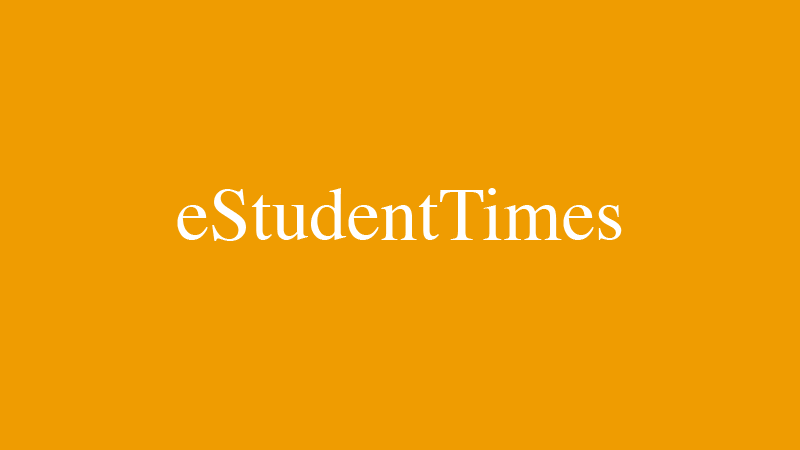
EShort / February 16, 2024
BSSTET 2023: Admit card released

EShort / February 16, 2024
NID DAT 2024: Prelims result released

EShort / February 16, 2024
IIT JAM 2024: Response sheet released

Jobs / February 16, 2024
UPSC Recruitment Drive 2024: Apply for 120 vacancies in various departments

EShort / February 14, 2024
UPSC CSE 2024: Official Notification issued; application process begins
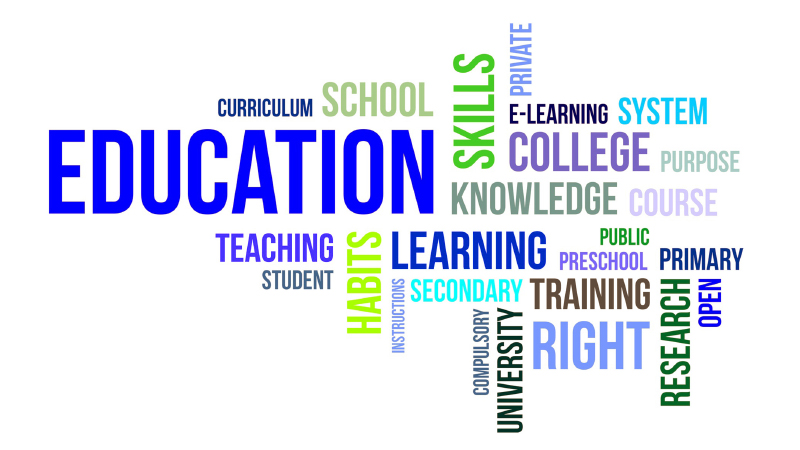
Editor's Desk / April 17, 2020
How Does Society Impact Our Education?

Current Affairs / April 22, 2020
Mr. Sudarsanam Babu appointed to U.S. Science Board.
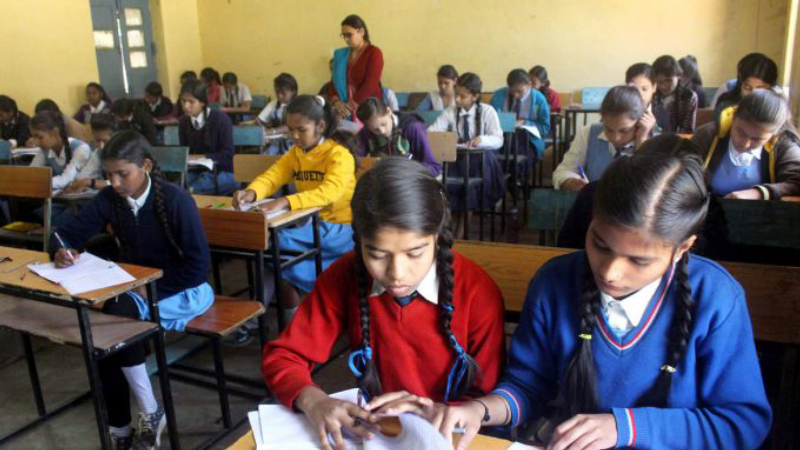
Reforms / April 17, 2020
Traditional Structure of Education In India
.jpg)
Events & Seminars / April 17, 2020
PISA!!
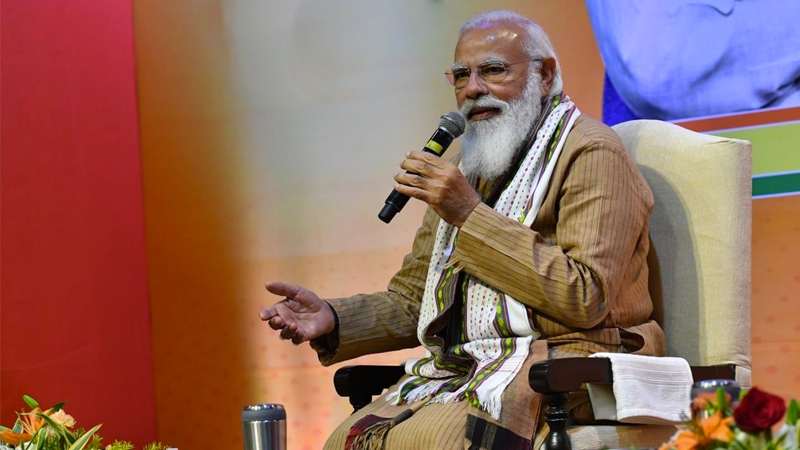
Blog / February 26, 2021
Government's Action On #ModiRojgaarDo

EShort / May 19, 2022
CUET PG 2025 has started the registration process.

Notice Board on Important Dates / April 21, 2020
World Heritage Day

News / July 08, 2021
JEE Mains Registration For Session 3: Last Date To Apply

EShort / June 11, 2022
KCET 2022 registration reopen today



 Program 2024 for Financially Disadvantaged Students-02.png)



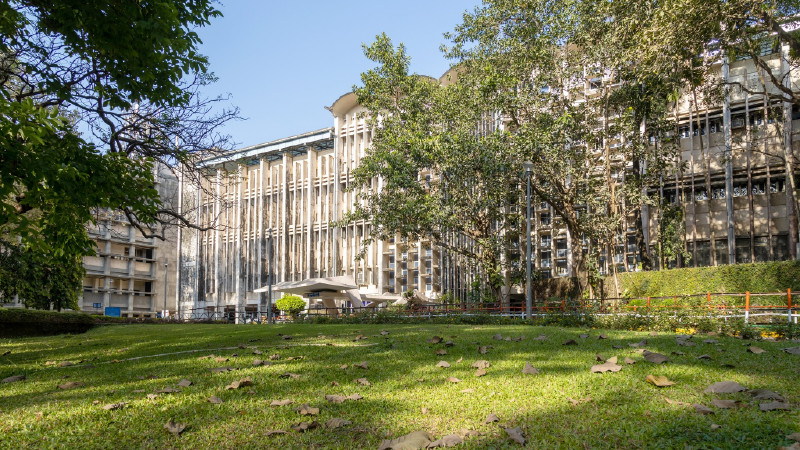




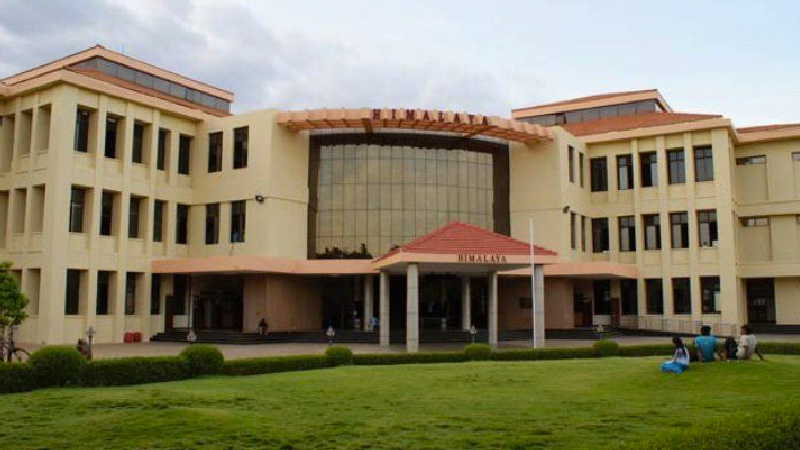
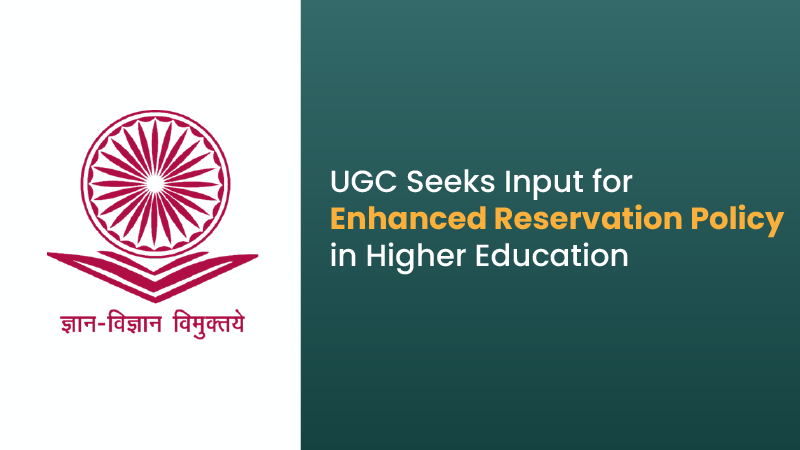

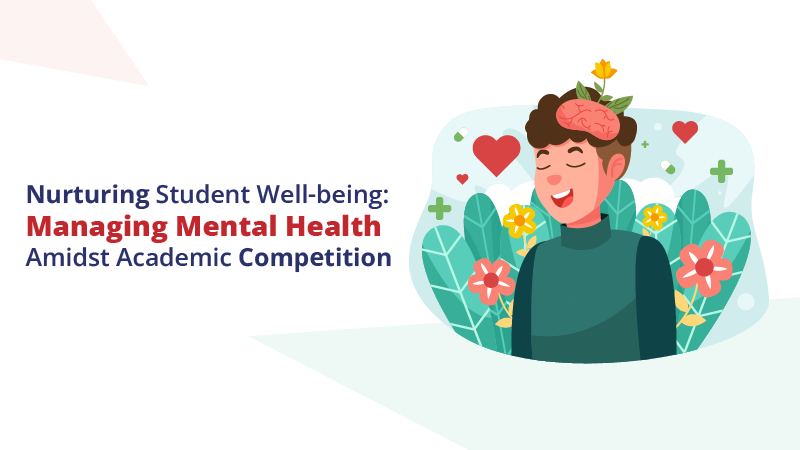

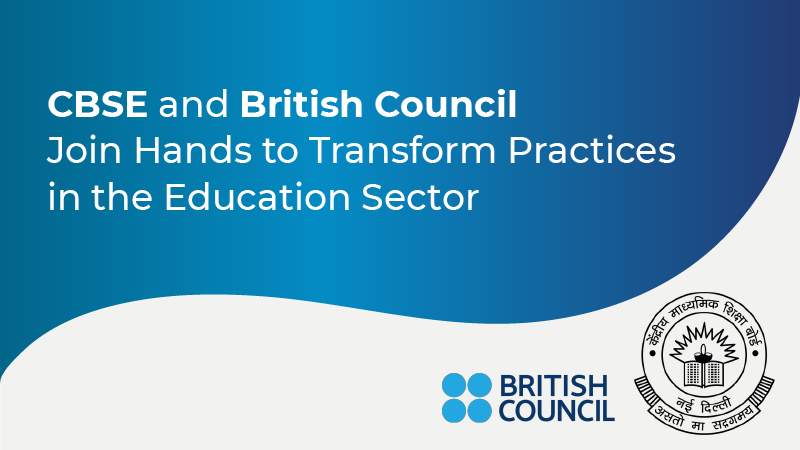

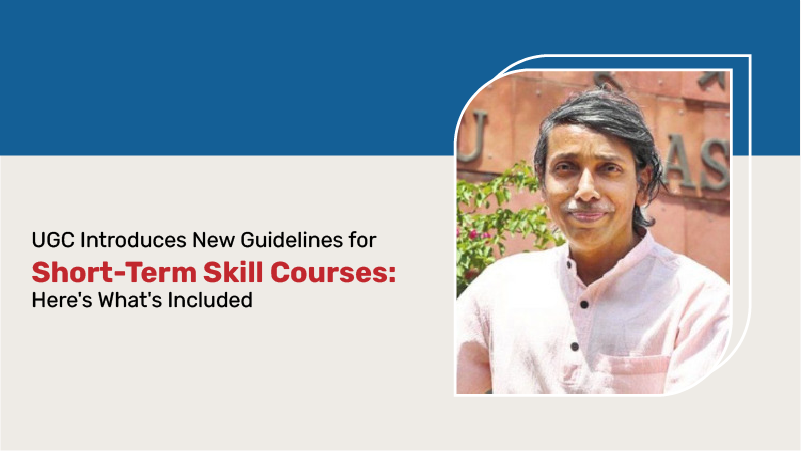
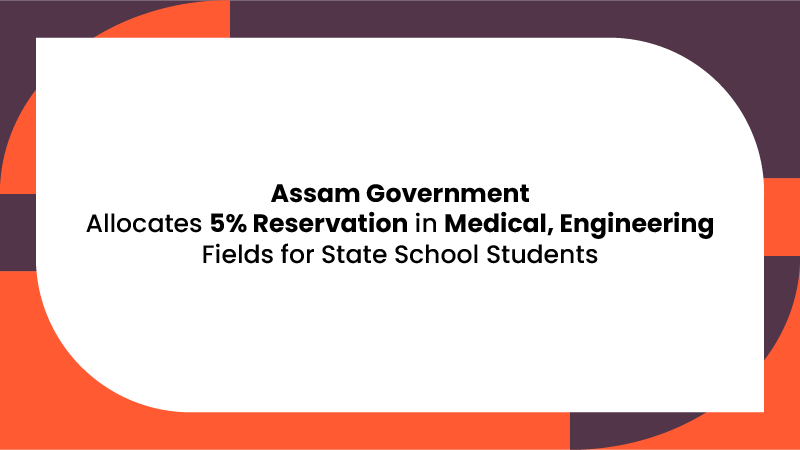

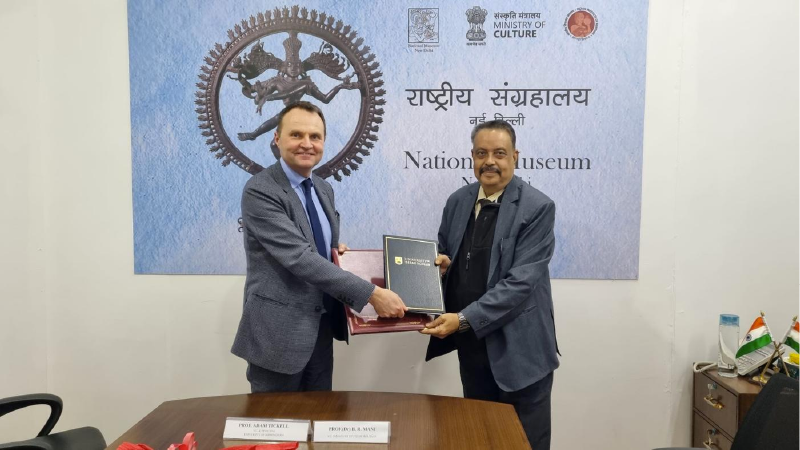
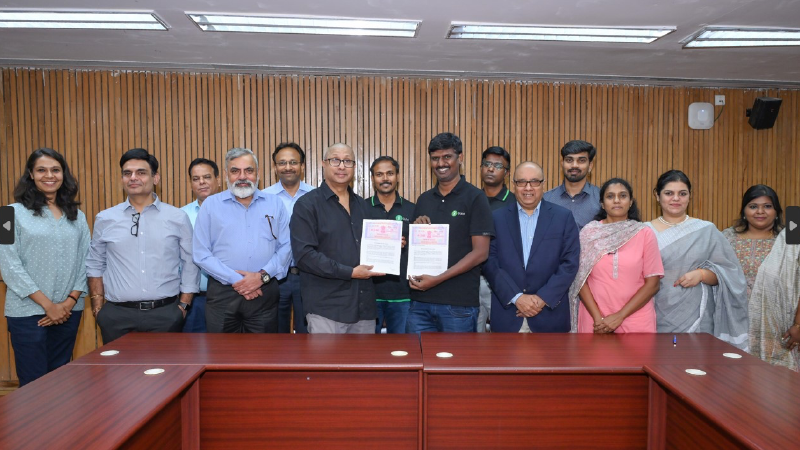
0 Comments
Post Comments